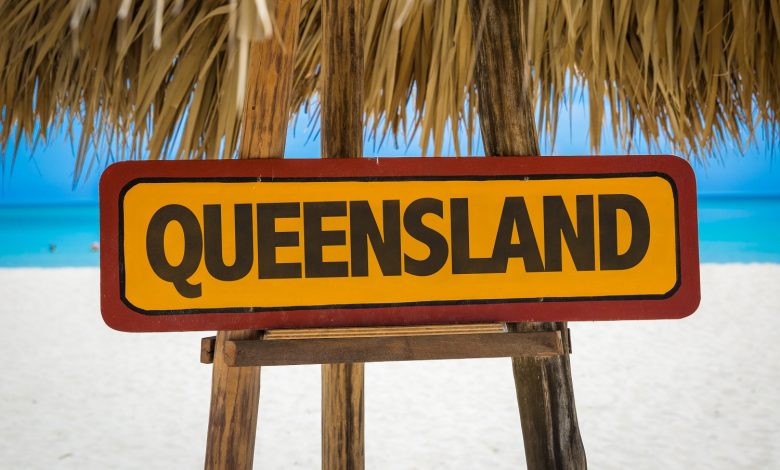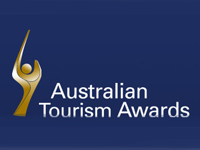
Queensland tourism boost: Innovative resilience plan unveiled
The Queensland Tourism Workforce Crisis Resilience and Recovery Strategy is a toolkit for employees, operators and other stakeholders
In a collaborative effort led by The University of Queensland and the tourism industry, a comprehensive strategy aimed at bolstering resilience and facilitating recovery within Queensland’s vital tourism sector has been unveiled.
The Queensland Tourism Workforce Crisis Resilience and Recovery Strategy, developed over three years, offers a roadmap for employees, operators, and stakeholders to navigate and rebound from disasters.
The new summer print edition of AccomNews is out now – Read it HERE
The brainchild of Associate Professor Richard Robinson from UQ’s Business School, in partnership with the Queensland Tourism Industry Council (QTIC), the Queensland Tourism Workforce Crisis Resilience and Recovery Strategy represents a significant milestone in the industry’s quest for resilience.
Resource sheets embedded in the strategy provide practical insights tailored to five key regions: the Gold Coast, Tropical North Queensland, Outback Queensland, Queensland Country, and the Whitsundays.
Among the suggested actions are the provision of support networks and flexible work arrangements for employees, promoting knowledge sharing among staff, investments in coaching, mentoring, and training programs, and fostering collaboration across government levels to enhance housing affordability and availability.
Dr. Robinson, reflecting on the strategy, noted its timeliness in addressing the profound impact of COVID-19 on Queensland’s tourism sector. He emphasised the industry’s inherent resilience despite the challenges it faced.
When COVID hit, there was talk of doom and gloom and the end of tourism, but history tells us that tourism has an extremely resilient demand and supply cycle,” Dr. Robinson stated.
The overarching objective of our research was to cultivate an attitude in the industry of being prepared and proactively planning to navigate and withstand future adversities – it’s called ‘presilience’.
Over the three-year project, Dr. Robinson engaged with employees, operators, policymakers, peak bodies, destination managers, and related sectors to identify emerging challenges and develop targeted actions for a more sustainable workforce.
He pointed out that disruptions to the industry over the past three years had resulted in a critical shortage of effectively trained and skilled workers. “After signs of recovery in 2022, employee and organizational resilience decreased by 2023, with indications of operator exhaustion highlighting the need for targeted interventions,” he added.
Dr. Robinson underscored the role of strong learning and change cultures in tourism businesses, which are highly predictive of resilient organisations, with positive effects cascading down to communities and destinations.
“We hope this accessible and user-friendly resource, which complements higher-level strategies, is both a timely and enduring support for a sustainable Queensland tourism workforce,” Dr. Robinson concluded.
QTIC CEO Brett Fraser expressed pride in the partnership with UQ to develop this vital plan. “Evidence-based, industry-led commentary must guide our future efforts in tackling tourism’s workforce challenges,” Mr. Fraser affirmed, urging all stakeholders in the tourism industry to utilise the invaluable resources emerging from this project.
The research was funded by the Queensland Government’s Advance Queensland scheme.

AccomNews is not affiliated with any government agency, body or political party. We are an independently owned, family-operated magazine.







